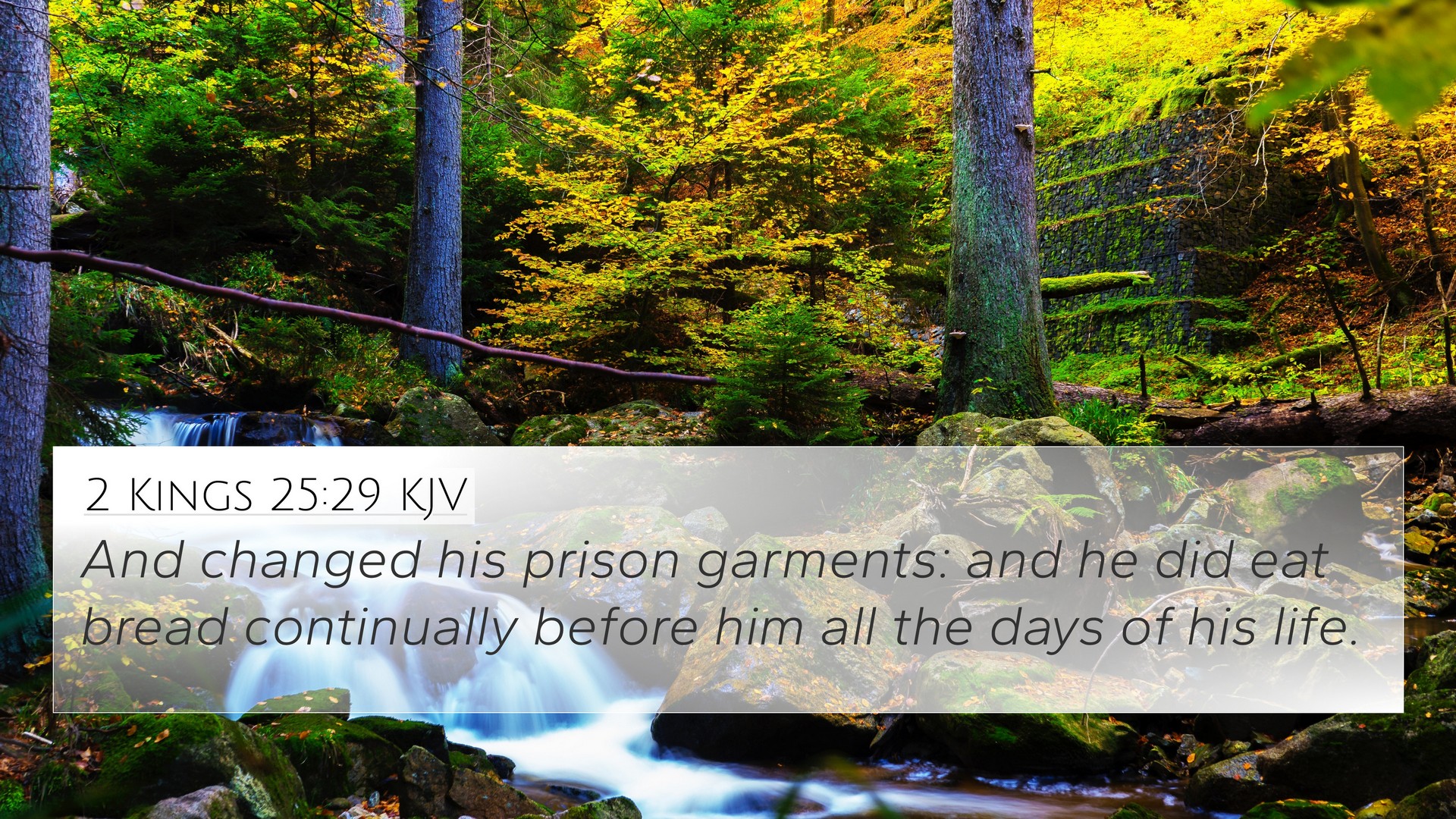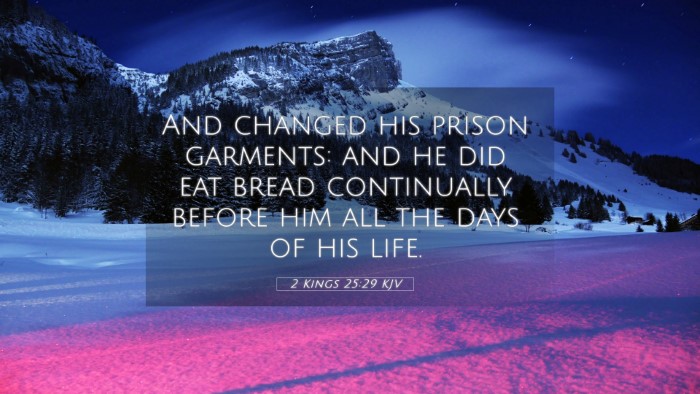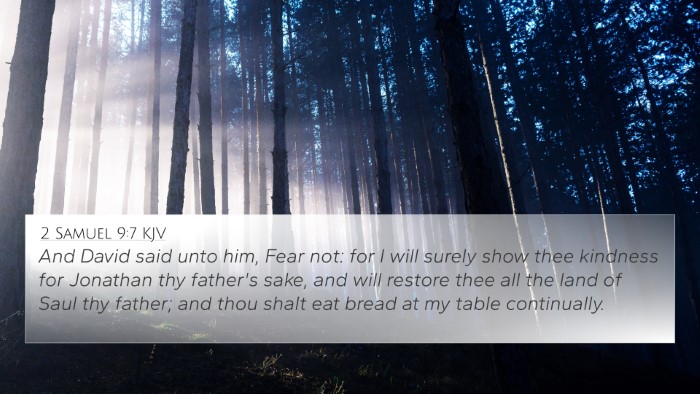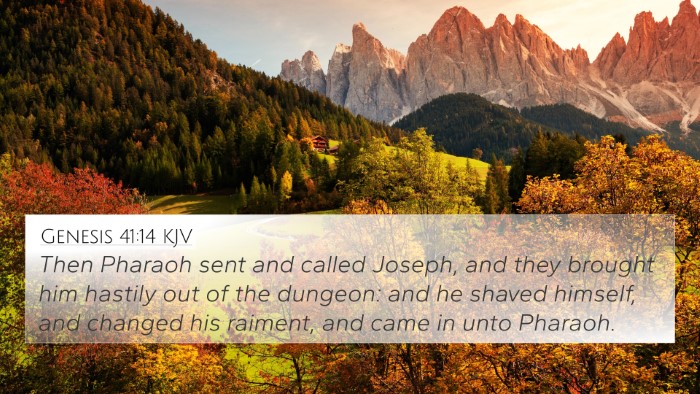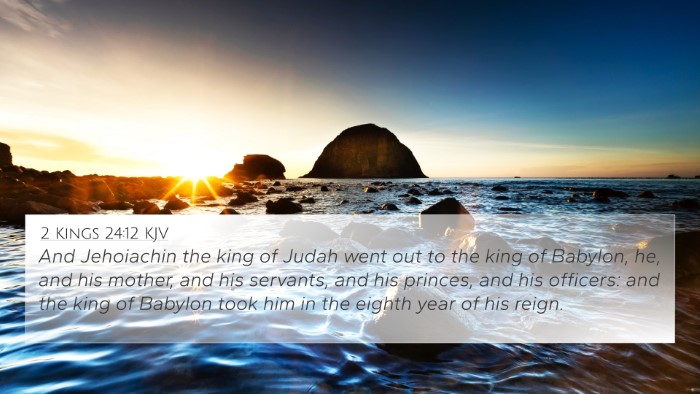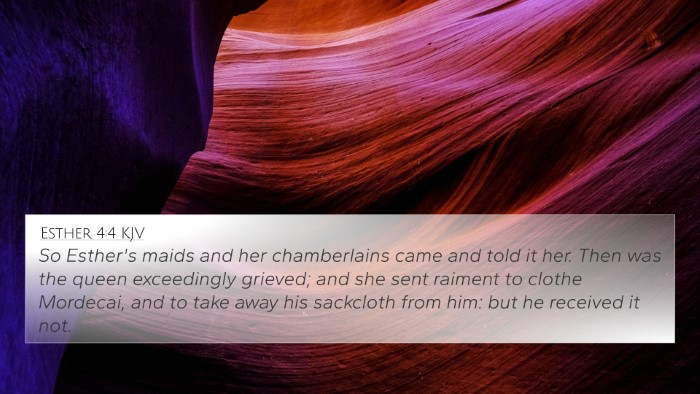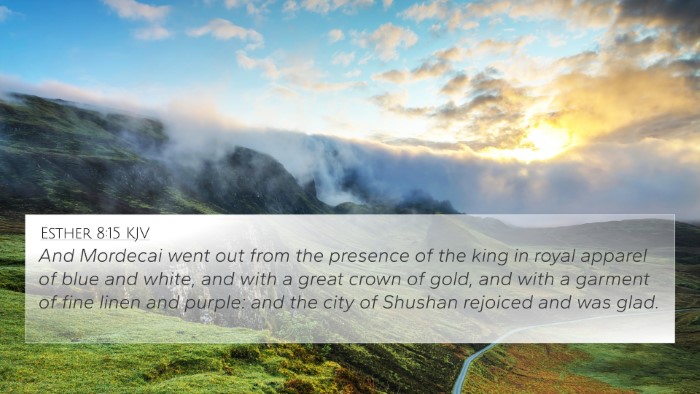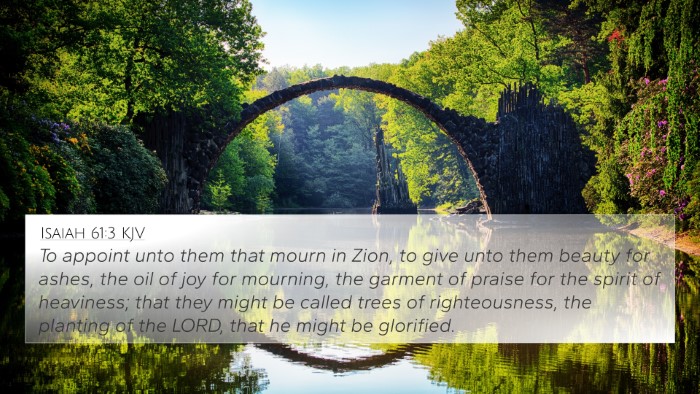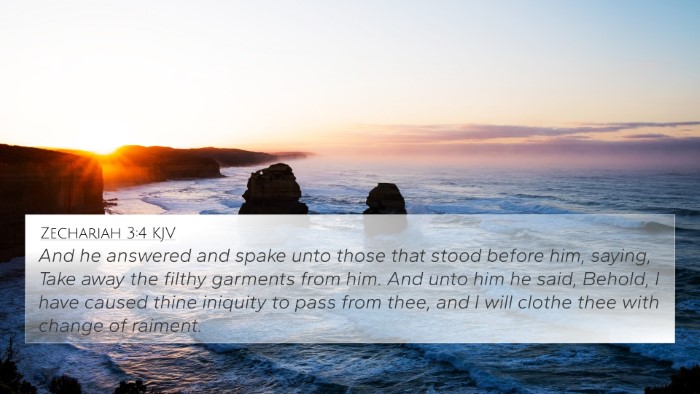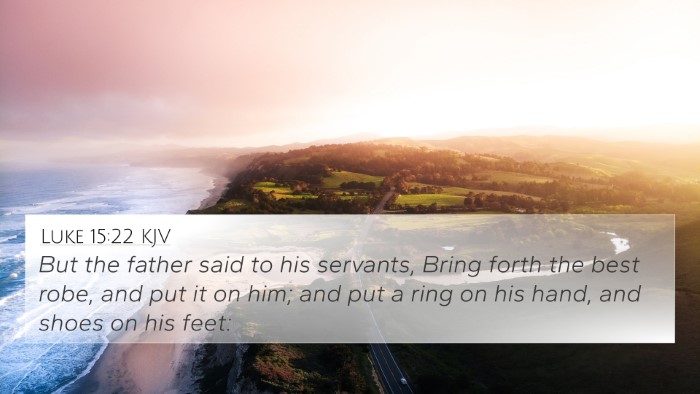Understanding 2 Kings 25:29
The verse 2 Kings 25:29 states: "And changed his prison garments: and he did eat bread continually before him all the days of his life." This passage describes the final days of Jehoiachin, the king of Judah, who was released from Babylonian captivity.
In examining this verse, prominent public domain commentaries provide valuable insights into its implications and significance.
Commentary Insights
Matthew Henry
Henry emphasizes the grace shown to Jehoiachin by Babylonian King Evil-merodach. Released from prison, Jehoiachin's change of garments symbolizes restoration to a state of dignity. He was granted food and a measure of favor, illustrating God's providence even during Israel's darkest times. This act signifies not only political mercy but also divine mercy, reflecting the overarching theme of hope amidst despair.
Albert Barnes
Barnes highlights the change in Jehoiachin’s circumstances. After years of captivity, the king experienced a restoration of provisions and his former honor in a limited sense. The act of eating bread continually underscores a shift from captivity to sustenance, representing a favored position in contrast to his previous plight. This narrative is a reminder that God can alter our circumstances dramatically, often when we least expect it.
Adam Clarke
Clarke points out that the mention of Jehoiachin’s prison garments and the continual provision of food are symbolic. The change of garments indicates a move from disgrace to honor, while the continual eating suggests that even in exile, God provides for His people. Clarke connects this restoration back to Old Testament principles of God’s fidelity to His covenant people, reassuring them of His continual care.
Cross-References and Thematic Connections
The themes presented in 2 Kings 25:29 reveal various connections with other scriptures that explore restoration, grace, and sustenance. Here are several relevant cross-references:
- Jeremiah 52:31-34 - This passage continues the story of Jehoiachin and the divine promise of restoration.
- Isaiah 40:2 - Explores themes of comfort and the end of warfare and suffering, paralleling the relief Jehoiachin experienced.
- Psalms 102:20-21 - Speaks of God hearing the groaning of the prisoners; parallels the restoration of captives.
- Romans 8:18-21 - Discusses the revealing of the sons of God and the hope for redemption, akin to Jehoiachin's change of fortune.
- Philippians 4:19 - Paul assures God's provision, akin to Jehoiachin’s receiving daily sustenance.
- Lamentations 3:22-23 - Reminds us of the mercies of the Lord being new every morning, reflecting the hope experienced by Jehoiachin.
- Luke 4:18 - Jesus’ mission to set at liberty those who are oppressed, linking the restoration theme.
Thematic Bible Verse Connections
The story of Jehoiachin’s release provides a rich narrative that encourages believers to trust in God’s sovereignty and mercy. We can draw parallels between Jehoiachin and other biblical figures who faced dire circumstances but received God's grace and restoration:
- Joseph (Genesis 45:7) - Although imprisoned, he was elevated to a position of authority and given provisions, much like Jehoiachin.
- Daniel (Daniel 1:8-16) - Consistent in faith and later provided with knowledge and understanding, paralleling the sustenance of Jehoiachin.
- The Prodigal Son (Luke 15:17-24) - His return demonstrates the father’s mercy and restoration upon his return home.
Conclusion
In summary, 2 Kings 25:29 serves not only as a historical account but also as a theological reflection on God's faithfulness and ability to restore. Through cross-referencing this verse with others, we can build a fuller understanding of the themes of grace, restoration, and God's provision throughout the scriptures. Engaging in comparative Bible verse analysis encourages deeper study and connection to God's overarching narrative of redemption.
